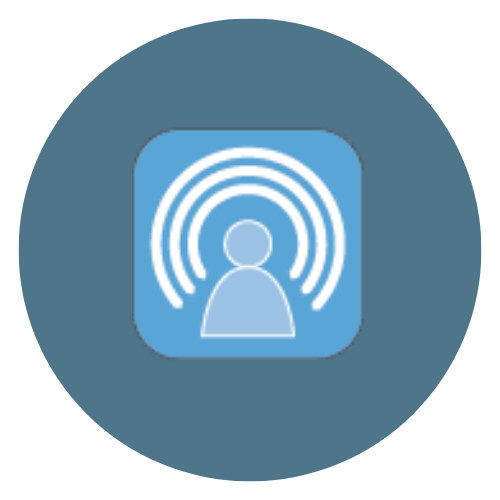Welcome to the UNCLCN Learning Portal
The UNCLCN Learning Portal contains oncology education videos presented by experts in North Carolina and throughout the US.
View our Live Webinars and Self-Paced Online Courses to earn free continuing education credit!
Free Continuing Education credits are available for:
Physicians, Nurses, Pharmacists, Pharmacy Technicians, Radiologic Technologists, and Oncology Data Specialists
Upcoming Live Webinar
|
Featured Course
 |
Patient Centered Care NCPD/CNE • ACPE Trevor Hackman, MD View More Self-Paced, Online Courses |
Ready to Learn!
Please take a look at all our educational offerings. Continuing Education credits are available for healthcare providers in select webinars.
 | Live Webinars |
 | Self-Paced Online Courses |
 | All Webinars |
 | More about us |
Sign up for our newsletter or follow us on social media!
Recent Courses
Dominique Higgins, MD, PhD, provides an overview of diagnostic criteria for primary CNS brain tumors, and the current approved and investigational treatments that are available and on the horizon.
|
Noelle Robertson, MD, CAQSM presents an evidence-based review of outpatient primary care screening for breast, colon, lung and prostate cancer.
|
Daniel Richardson, MD, MA, MSc, will explore best practices to approach the care of older adults with leukemia. He will also discuss novel therapeutic options for patients with acute lymphoblastic and acute myeloid leukemia alongside practical considerations to approach shared decision-making.
|
Katherine Garman, MD, and Meira Epplein, PhD, will provide information on gastric cancer and important risk factors such as H. pylori infection. We will describe some of the racial disparities associated with gastric cancer in the US, highlighting those that are relevant for North Carolina. We will also discuss H. pylori as a modifiable risk factor and we will review current guidelines on H. pylori testing, treatment, eradication testing, and the growing problem of antibiotic resistance.
|
In this webinar, Jared Lowe, MD, HMDC dicusses serious illness and discuss strategies to support patients with a primary focus on reviewing the services of palliative care and hospice care.
|
Jonathan Sorah, MD, focuses on the work-up, staging, and treatment of advanced melanoma with a focus on the use of immunooncology through a combination of didactics and cases.
|

 Facebook
Facebook X
X LinkedIn
LinkedIn Forward
Forward





